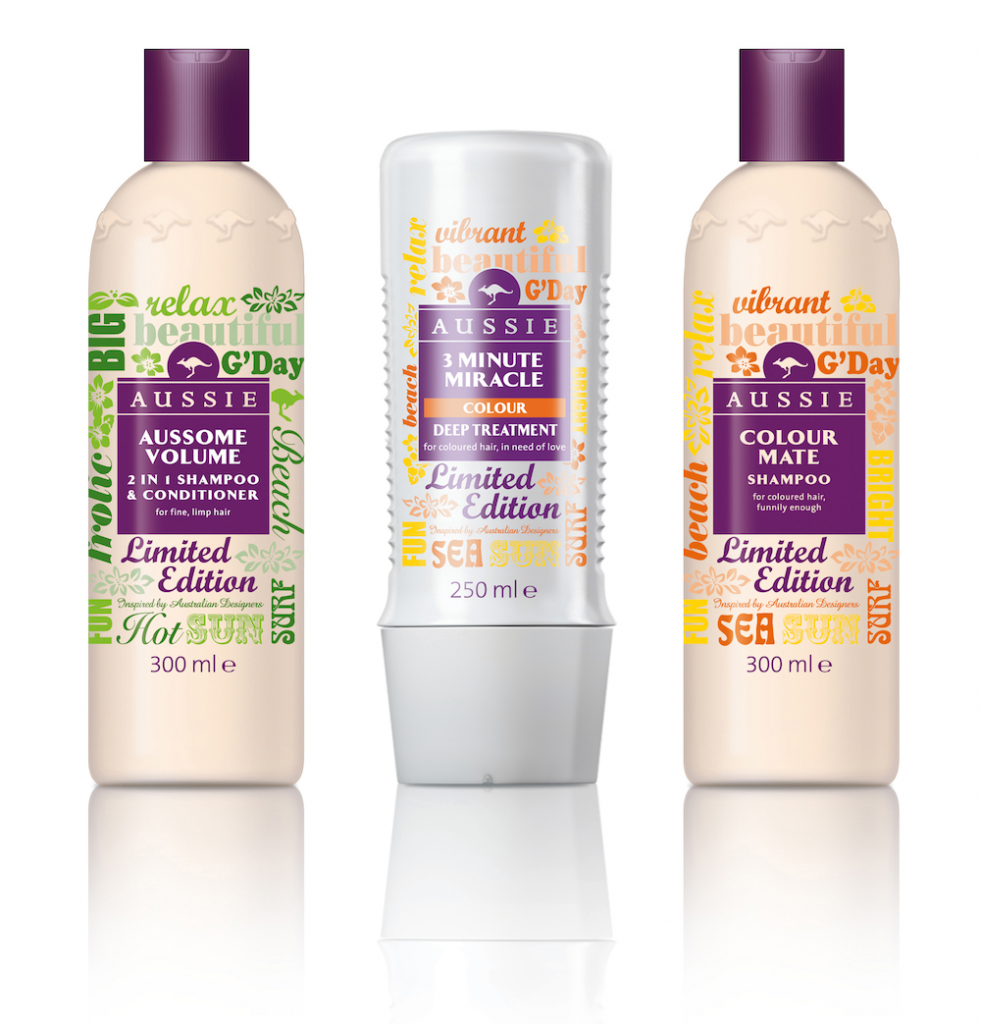The article is written by Steve Gibbons, Managing Director of Dew Gibbons, London
I don’t usually pick fights with shop assistants but on this particular occasion I had to. I was in the world’s best known toy shop—FAO Schwarz, New York—and the idea that Monopoly wasn’t a British innovation was preposterous to me, so I told him so.
I was wrong.
It turns out the first version of the board game was designed using the streets and property of Atlantic City, New Jersey. The salesman put me politely but firmly back in my place.
This is a brilliant marketing trick if it can be pulled off.
A provenance shared by brand and consumer brings tremendous loyalty, and no doubt people the world over are convinced Monopoly was invented in their home city.
Of course, you don’t have to share provenance, it can be more than enough for a consumer to either empathise with where a brand originates or associate the product’s benefits with that location in some way.
And we’re increasingly seeing successful beauty brands doing just this. Moroccanoil has stormed into the haircare market justifiably arguing it’s created its own category. Although a dig on their website (and a request to their PR department) reveals little about the name’s origins, I assume the association is with Argan oil—an extract of the Argan nut which only grows in Morocco. Whether consumers actually know this or make an assumption about the potency of an exotic ingredient probably doesn’t matter.
For another, recently revitalised, brand the endorsement by Kew Royal Botanic Gardens of Boots Botanics is nothing short of masterful. Twinning a British brand (although now owned by the US drug store Walgreens) with an internationally important research institution – responsible for the world’s largest collection of living plants—in one fell swoop reinforces Boots Botanics’ apothecary credentials and strengthens its provenance.
Gazelli, a luxurious skincare brand, has recently blossomed onto the beauty scene. It hales from the little understood country of Azerbaijan and its name is ‘inspired by an ancient Azeri form of lyrical poetry in praise of beauty, Youth and Love’. Gazelli’s unique ingredient is a ‘white healing oil’ extracted from beneath the plains of Naftalan and nowhere else in the world. This is a brand to watch, not only does in embrace its country’s rich traditions and storytelling but it does so with a lightness of touch and an elegance that belies what might at first to some seem an unpromising provenance.
The power of provenance can come either through an association with an ingredient or an association with a way of life.
It’s a moot point as to whether it’s perception or reality that really matters here. Does Aussie, P&G’s rapidly expanding retail haircare brand, actually come from Australia? Does it really matter? While they do use Australian ingredients, what they do most brilliantly is to appropriate the laid-back and relaxed values of the antipodeans. It is this above all else that resonates with a particular type of consumer.
Pic: Aussie’s Summer Limited Edition, designed by Dew Gibbons
On the back of ‘Cool Britannia’, a conscious decision was made to irrevocably tie the Coty owned Rimmel cosmetics brand to London. This has proved to be the real driver behind the brand’s global expansion and is now used as their key point of difference, being summed up in the strapline—‘Get the London Look’. Rimmel London milks this for all it’s worth from their choice of brand ambassador (Kate Moss, who herself is a quintessentially London brand) to their ‘London Blog’ that shares insider’s secrets from Camden’s counter-culture to Shoreditch’s hipsters. A concept that is neatly mirrored by the L’Oreal owned Maybelline who play almost exactly the same trick but with New York.
It’s curious that it is foreign companies (French, in both instances, who are generally not known for their liking of Anglo-Saxon values) that own these competing brands, both of which do everything to play to the strengths of their native cities—perhaps it takes an outsider to see the real value of their brand’s provenance.
Provenance can be up front and centre, or it can just be another facet of your brand’s personality, but either way it’s essential to be able to answer the question “Where is your brand’s home?”
About the Author
Steve Gibbons is the Managing Director of Dew Gibbons, a brand design consultancy specialising in health and beauty brands in London.
Steve was recently appointed Director of the Design Business Association with an objective to share his knowledge of leading a successful design agency and to promote the effectiveness of design services.
Dew Gibbons’ clients include Boots, Procter & Gamble, Waitrose, Lindt, Como Shambhala, Boehringer Ingelheim and Novartis.

